

AUDIOLOGY & SPEECH THERAPY

SPEECH-LANGUAGE PATHOLOGY:
-
SPEECH: Speech is our ability to make the sounds we need for others to hear and understand us
-
LANGUAGE: Language is much broader – It’s all of the underlying rules and systems that help us to communicate.
All together, a SPEECH-LANGUAGE PATHOLOGIST is the one who prevent, assess, diagnose and treats problems with both the speech and the language that allow us to communicate.
Humans use their mouth and throat constantly, often unconsciously, to perform basic tasks like swallowing food or speaking aloud, so problems within this section of the body need to be addressed immediately and thoroughly.
So, whom to address/consult, It’s us the SPEECH-LANGUAGE PATHOLOGIST.
SLPs work with people of all ages, from babies to adults. SLPs treat many types of communication and swallowing problems.

THESE INCLUDE PROBLEMS WITH:
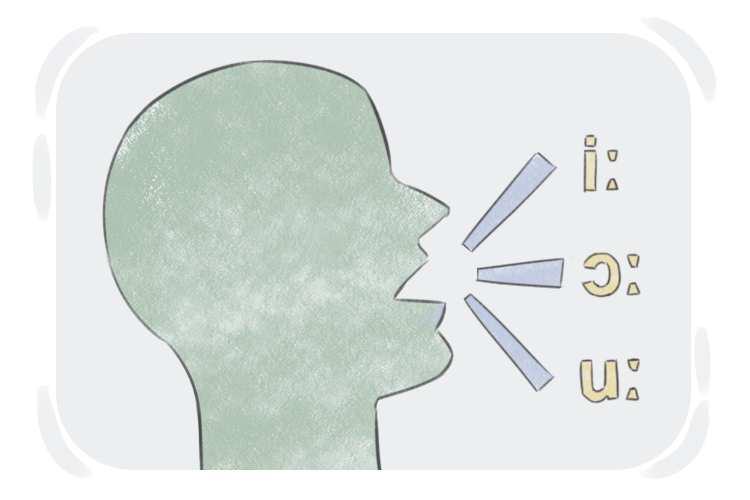
SPEECH SOUNDS
How we say sounds and put sounds together into words. Other words for these problems are articulation or phonological disorders..

LANGUAGE
How well we understand what we hear or read and how we use words to tell others what we are thinking. In adults this problem may be called aphasia.
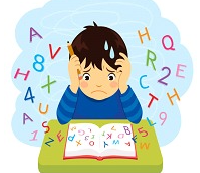
LITERACY
How well we read and write. People with speech and language disorders may also have trouble reading, spelling, and writing.
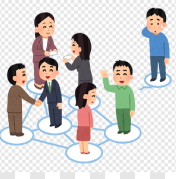
SOCIAL COMMUNICATION
How well we follow rules, like taking turns, how to talk to different people, or how close to stand to someone when talking.

VOICE
How our voices sound. We may sound hoarse, lose our voices easily, talk too loudly or through our noses, or be unable to make sounds.
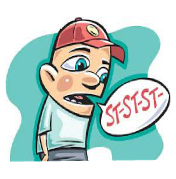
FLUENCY
Fluency is how well speech flows. Someone who stutters may repeat sounds, like t-t-t-table, use “um” or “uh,” or pause a lot when talking. Many young children will go through a time when they stutter, but most outgrow it.

COGNITIVE-COMMUNICATION
How well our minds work. Problems may involve memory, attention, problem solving, organization, and other thinking skills. they stutter, but most outgrow it.

FEEDING AND SWALLOWING
How well we suck, chew, and swallow food and liquid. A swallowing disorder may lead to poor nutrition, weight loss, and other health problems. They stutter, but most outgrow it.
HOW CAN AN SLP HELP?
-
Developing and implementing treatment plans based on professional assessment and recommendation from members of the interdisciplinary team
-
Monitoring patient’s progress and adjusting their treatment plans accordingly
-
Documenting patient care and writing reports regarding patient evaluation, treatment, progress, and discharge
-
Ordering, conducting, and evaluating hearing, speech, and language tests and examinations
-
Educating patients and family members on treatment plans, communication techniques, and strategies for coping with speech/language barriers
-
Designing, developing, and employing diagnostic and communication devices or strategies
-
Developing and implementing speech and language programs
-
Provide referrals when appropriate
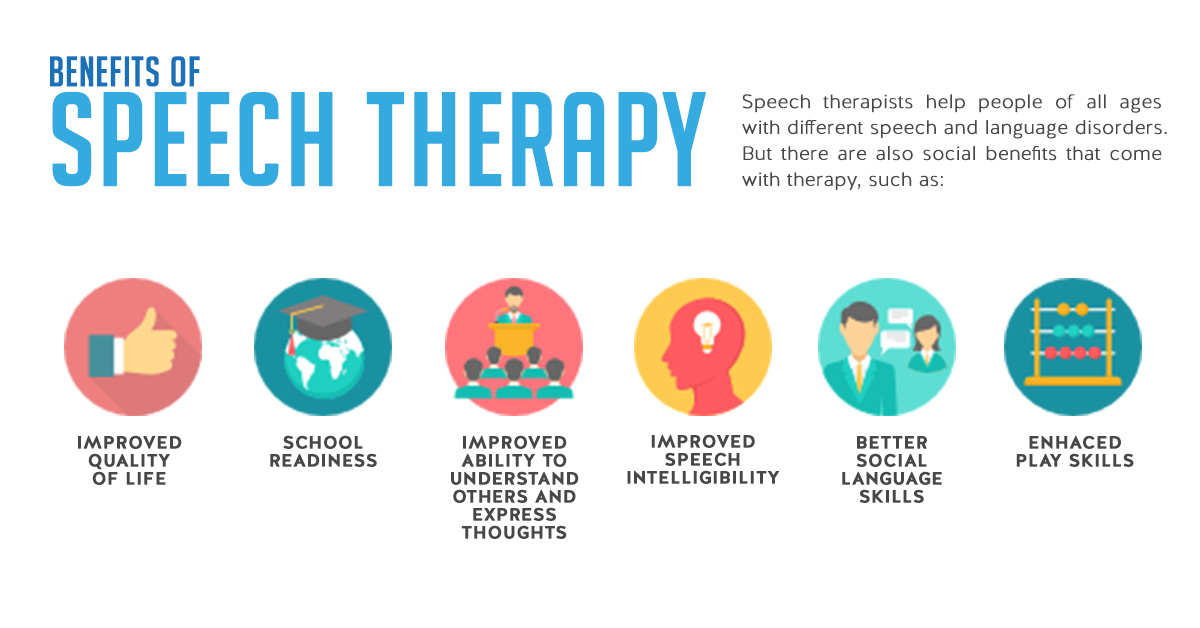
AUDIOLOGY
Hearing refers to the awareness of the presence of sounds and placing meaning to that sound. It begins as vibrations that travel through your ear (outer ear, middle ear, and inner ear) through your nerves to your brain – where you hear.
Hearing loss is when you’re unable to partially or completely hear sound in one or both of your ears. Hearing loss typically occurs gradually over time. Individuals with hearing loss are sometimes described as deaf or hard of hearing based on the type, degree, and configuration of hearing impairment.
So, whom to address/consult when you have these signs and symptoms, It’s us the AUDIOLOGIST.

AUDIOLOGIST:
Audiologists diagnose and treat hearing and balance disorders. We use various instruments to measure hearing loss and to determine its cause. After making a diagnosis, the audiologist develops a treatment plan that considers the impact the disability is having on the patient.
HOW IS HEARING TESTED?
To test your overall hearing, Audiologist conducts a preliminary test called a Pure tone audiometry. During this test, Audiologist plays sounds through headphones. You’ll press a button/ raise your hand when you hear a sound. The results measure your ability to hear. Tests take place in audiologist’s clinical setting in a sound proof booth. Along with this, Audiologists conducts several other tests to identify the type of hearing loss, it’s causes and other dysfunctions associated with hearing.
-
Examine and assess patients with ear problems, diagnosing the root of problems.
-
Determine and administer the treatment most likely to address and correct the problem.
-
Counsel patients in dealing with their hearing difficulties.
-
Fit patients with hearing aids and instruct them in the operation of the devices, as well as their abilities and uses.
-
When Hearing aid cannot be fitted, we counsel the patients with alternate treatment options.
-
Monitor treatment of patients for progress or problems.
-
Maintain records of treatment and progress.
-
We are specialized in treating the elderly or young children, or in areas of community education.
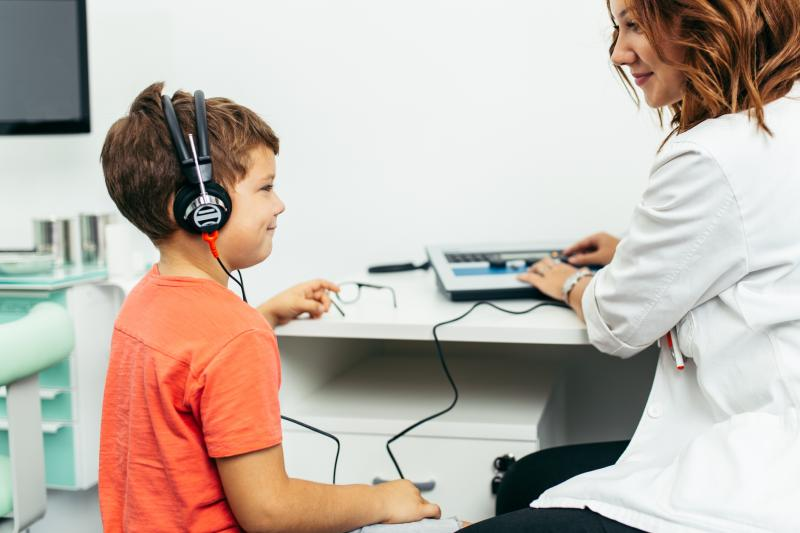
AUDIOLOGIST:
Audiologists diagnose and treat hearing and balance disorders. We use various instruments to measure hearing loss and to determine its cause. After making a diagnosis, the audiologist develops a treatment plan that considers the impact the disability is having on the patient.
HOW IS HEARING TESTED?
To test your overall hearing, Audiologist conducts a preliminary test called a Pure tone audiometry. During this test, Audiologist plays sounds through headphones. You’ll press a button/ raise your hand when you hear a sound. The results measure your ability to hear. Tests take place in audiologist’s clinical setting in a sound proof booth. Along with this, Audiologists conducts several other tests to identify the type of hearing loss, it’s causes and other dysfunctions associated with hearing.
TREATMENT OPTIONS:
Audiologist will counsel the patients about various treatment options that are available and suitable for them.

REGISTERED & RECOGNISED BY THE COMMISSIONER FOR WELFARE OF THE DIFFERENTLY ABLED BY THE GOVT. OF TAMIL NADU REGISTRATION NO. 685 / 2024
NIOS ACCREDITED CENTRE NO. M19103
DACAL is a school which caters to children with developmental delays, learning difficulties and special needs.
CONTACT US
DACAL - Darul Ansar Centre for Applied Learning
Anjuman-e-Himayath-e-Islam
#16, B.N. Reddy Road, Chennai 600 017.
Phone: 044 4901 4553, 98842 70480
Mon-Fri: 8:30 am – 3:30 pm